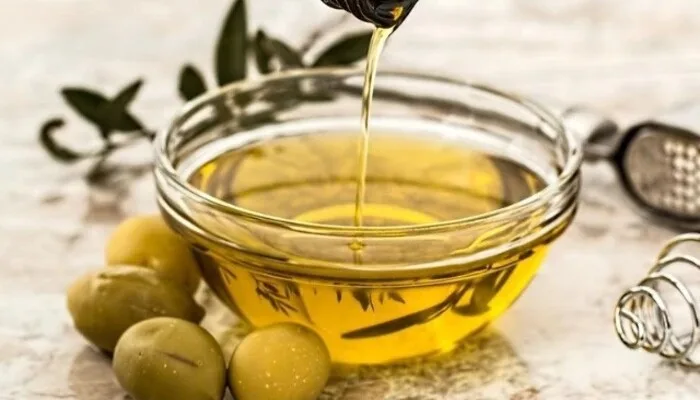
Choosing the right healthy cooking oils can significantly impact your overall wellness. While we often focus on the ingredients we cook, the oil we use is just as important. With so many options on the shelves, understanding the health benefits and best uses of each oil can help you make better kitchen decisions. Here’s a science-backed ranking of seven popular cooking oils — from the best to those best used sparingly.
1. Extra Virgin Olive Oil – Best Overall
Why it stands out: Packed with monounsaturated fats and antioxidants like oleocanthal.
Scientific backing: Studies, including one in The New England Journal of Medicine, link it to lower risks of heart disease and stroke.
Best for: Salad dressings, drizzling, and low to medium-heat cooking.
Read: Gold Prices Surge in Pakistan as Global Demand Soars
2. Avocado Oil – Best for High-Heat Cooking
Why it stands out: Very high smoke point (up to 520°F) and rich in vitamin E and oleic acid.
Scientific backing: A 2019 review in Molecules highlights its role in reducing inflammation and improving blood pressure.
Best for: Searing, roasting, and grilling.
3. Walnut Oil – Brain-Boosting Benefits
Why it stands out: Rich in omega-3 ALA, which supports brain health.
Scientific backing: The journal Nutrients links regular intake to improved memory and slower cognitive decline.
Best for: Cold dishes and salad dressings. Avoid heating.
4. Canola Oil – Affordable and Balanced
Why it stands out: Low in saturated fats and contains some omega-3s.
Scientific backing: Harvard Health supports its moderate use as heart-healthy, especially in cold-pressed form.
Best for: Baking, sautéing, and stir-frying.
5. Sesame Oil – Best for Flavor and Antioxidants
Why it stands out: Contains sesamol and sesamin, which combat oxidative stress.
Scientific backing: Research in Journal of Medicinal Food shows it may lower bad cholesterol.
Best for: Asian recipes, marinades, or as a finishing oil.
6. Coconut Oil – Use Sparingly
Why it stands out: High in saturated fat, yet boosts good (HDL) cholesterol.
Scientific backing: The American Heart Association advises limited intake due to heart health concerns.
Best for: Occasional baking or vegan recipes.
7. Vegetable Oil Blends – Least Recommended
Why it ranks last: Highly refined and often nutrient-poor.
Scientific backing: The BMJ links these oils to increased inflammation and poor cardiovascular outcomes.
Best for: Emergency use — otherwise, opt for healthier oils.
Follow us on Google News, Instagram, YouTube, Facebook,Whats App, and TikTok for latest updates












